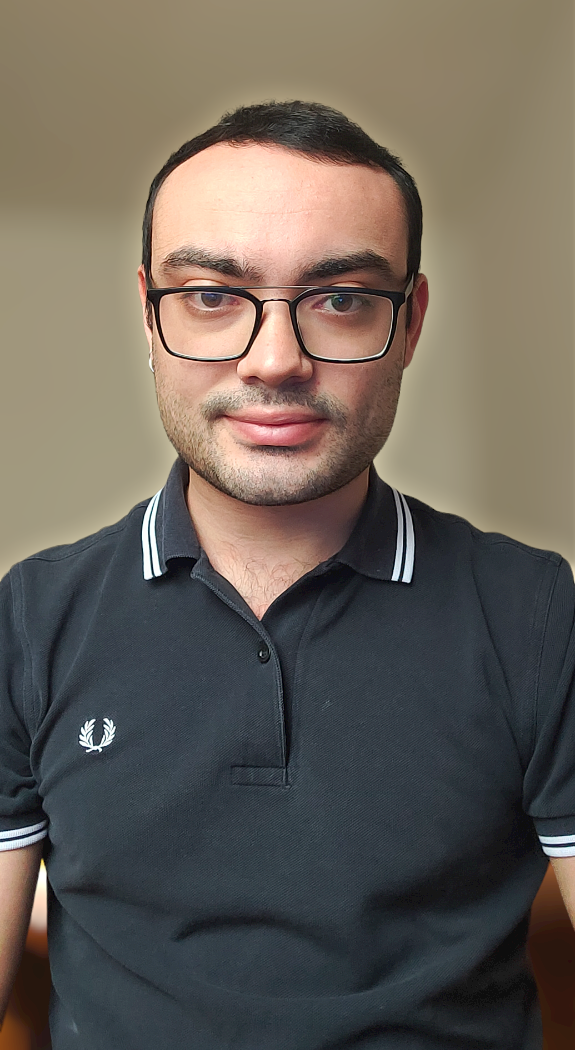
Curriculum
Computer Science for Societal Challenges and Innovation, XXXVIII series
Grant sponsor
MUR (PNRR_DM351) and UNIPD
Supervisor
Massimiliano De Leoni
Co-supervisor
s
Silvia Gabrielli
Contact
francesco.vinci.1@studenti.unipd.it
Project description
Public administrations provide services through the execution of processes that encode local and/or (inter)national norms. This project aims to optimize these processes, proposing techniques to alter the operative aspects and resource utilization. Traditionally, the optimization is only based on the subjectivity of the feedback of the process actors, thereby ignoring the process transactional data. As a result, processes are optimized “on paper”, and not in reality. The project aims at an effective optimization, putting together data and process actor’s feedback and combining user-evaluation techniques with those based on Machine Learning, AI and Process Mining. The ultimate goal is to interpret the normative reference frameworks, and to provide insight into their improvement, on the basis of the experience acquired via case studies. One of the viable direction of this project is to use simulations. Business process simulation refers to techniques that mimic the dynamic behaviour of a business process model using different aspects and information for a probabilistic characterization of the different run-time aspects. These techniques can be used to conduct “what if” experiments, avoiding the need for building or disrupting the real-world system, with the scope to analyse and improve business processes. Through the analysis of different “what if” scenarios, it is possible to assess the impact of the changes on the processes and the protocols, norms leading to the initial/current process. Using it, the advantage is that one can reliably forecast the different performance levels of alternative scenarios without incurring the high costs that would be necessary to perform an actual on-field experiment. Furthermore, if an alternative scenario showed to be very poor, this could negatively and irreparably affect those process executions carried out through the alternative. However, often these techniques cannot reflect reality well, and the simulation model may return equivocal cases. This can be because, often, not all the aspects of a process are considered, and the optimization is only based on the subjectivity of the actors’ feedback, ignoring the objectivity of process transactional data. This Ph.D. project aims to propose novel methodologies to better estimate the quality of business process simulation models, considering different aspects of them. The goal is to combine the latest techniques and technologies, such as AI, to give new contributions to this research field, improving the quality of the produced simulation models.